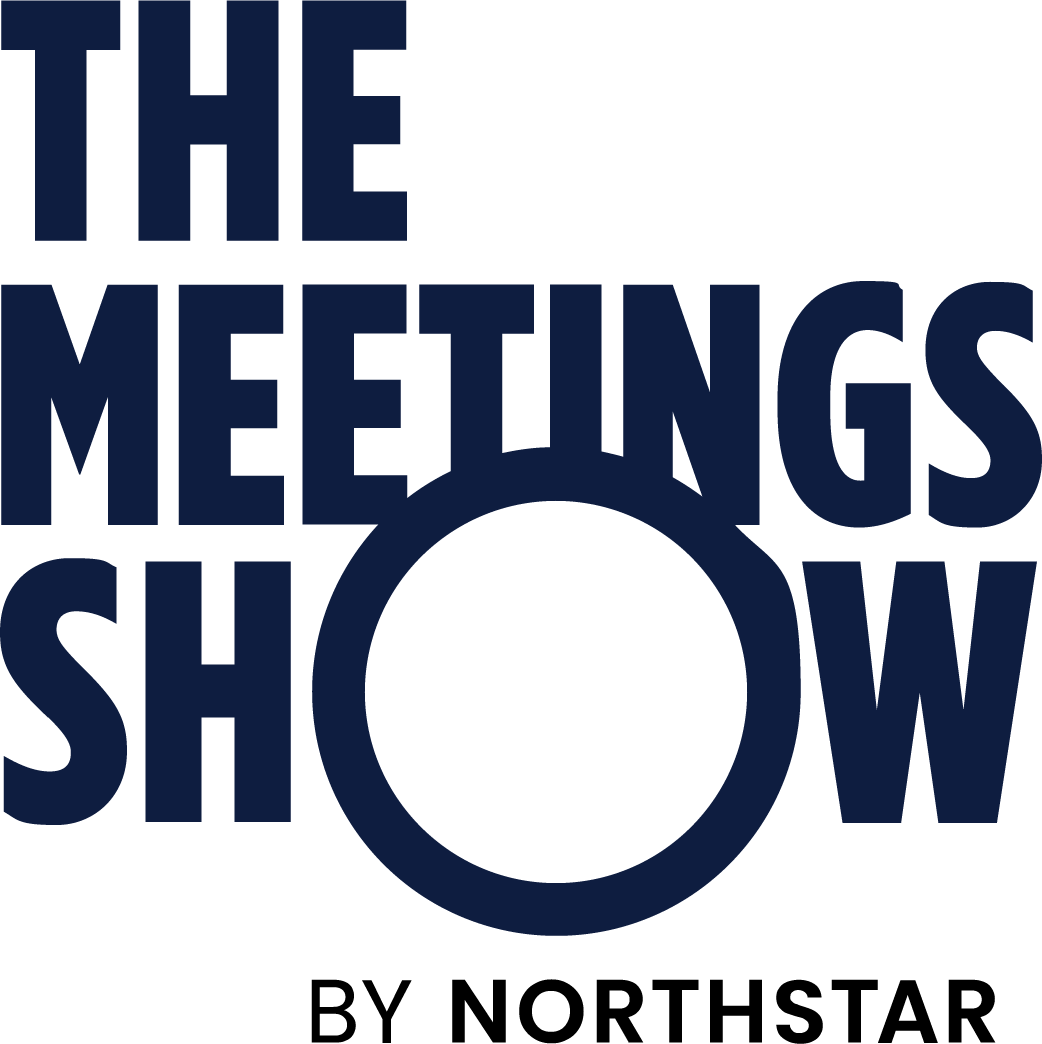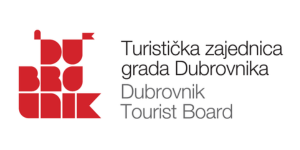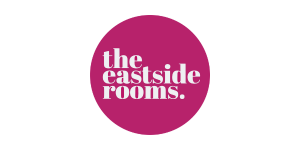Why Neuro-inclusion Is Universal Design For All Events
)
Helen Moon, chief executive and founder of EventWell, which ran the Wellbeing Hub at The Meetings Show 2024, is this month’s guest editor. As the industry looks to become more inclusive, Helen explains why event organisers must explore the needs of neurodiverse delegates to ensure their events are welcoming to all.
“With 1 in 5 people diagnosed as neurodivergent, and many more identifying as such, creating spaces that cater to different sensory, communication, and cognitive needs is not a niche effort”
Every event is a neurodiverse event. Whether or not organisers realise it, their attendees include individuals with unique ways of processing the world, many of whom are neurodivergent. But neurodiversity doesn’t stop there, it also encompasses neurotypical attendees.
Neurodiversity refers to the full spectrum of how brains function and process information, meaning that all events are inherently neurodiverse because they bring together a variety of cognitive styles, preferences, and needs. With 1 in 5 people diagnosed as neurodivergent, and many more identifying as such, creating spaces that cater to different sensory, communication, and cognitive needs is not a niche effort. It’s a necessary step toward accessibility, inclusion, and success.
Neuro-inclusion is not about singling out neurodivergent attendees. It’s about universal design, making events more inclusive for everyone. When spaces are designed to reduce sensory overwhelm, improve navigation, and allow people to regulate their energy levels, the benefits ripple outwards. Quiet rooms, clear signage, and flexible schedules help not only neurodivergent attendees but also introverts, parents with young children, individuals with anxiety, and anyone feeling fatigued or over-stimulated.
More importantly, when event organisers fail to consider neuro-inclusion, they inadvertently exclude. Research shows 85% of neurodivergent individuals avoid events due to fears of overwhelm, and only 15% feel comfortable seeking support. By ignoring these needs, events lose diverse voices and valuable perspectives.
Neuro-inclusion isn’t about special accommodation; it’s about embedding accessibility into the core of event planning. A universally designed event prioritises autonomy, comfort, and ease of participation for all. From supervised sensory spaces and biophilic design to inclusive communication strategies, these elements foster a sense of safety and belonging that transforms an event into an experience.
The future of events is inclusive by design. By embracing neuro-inclusion, organisers create spaces that celebrate diversity, drive engagement, and ensure every attendee feels valued and empowered to contribute.










































